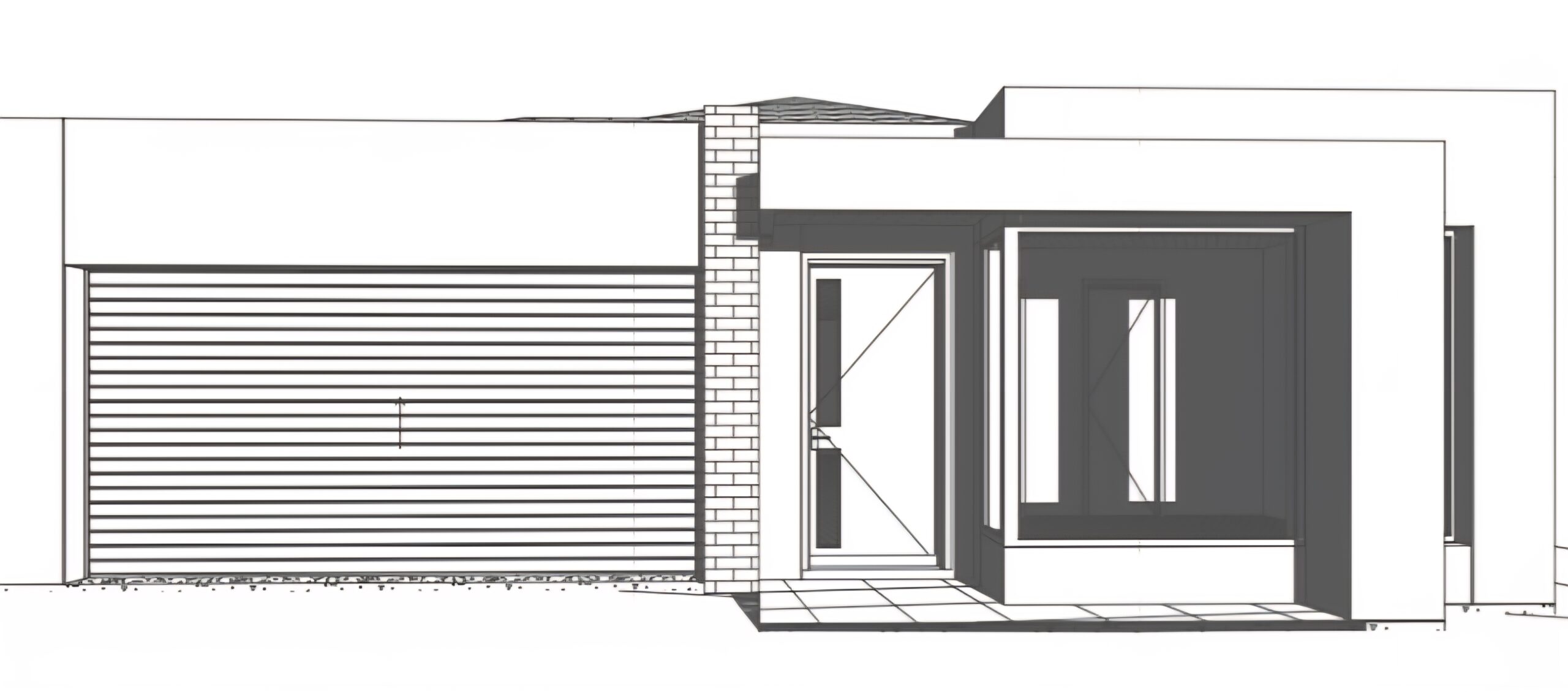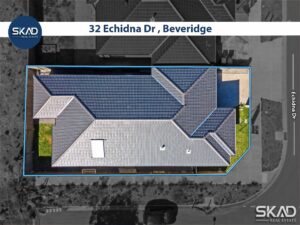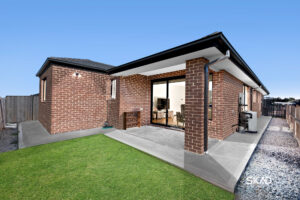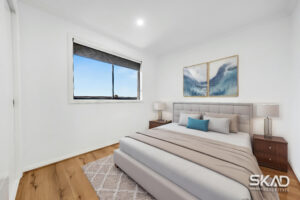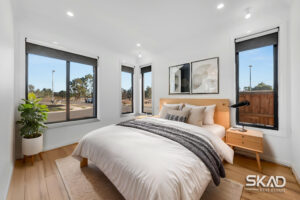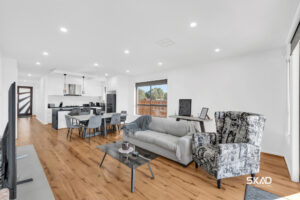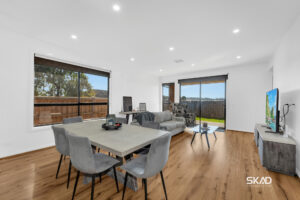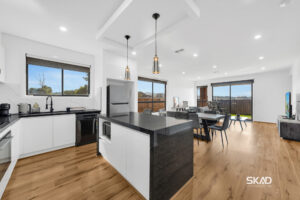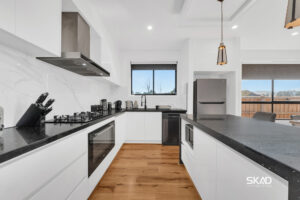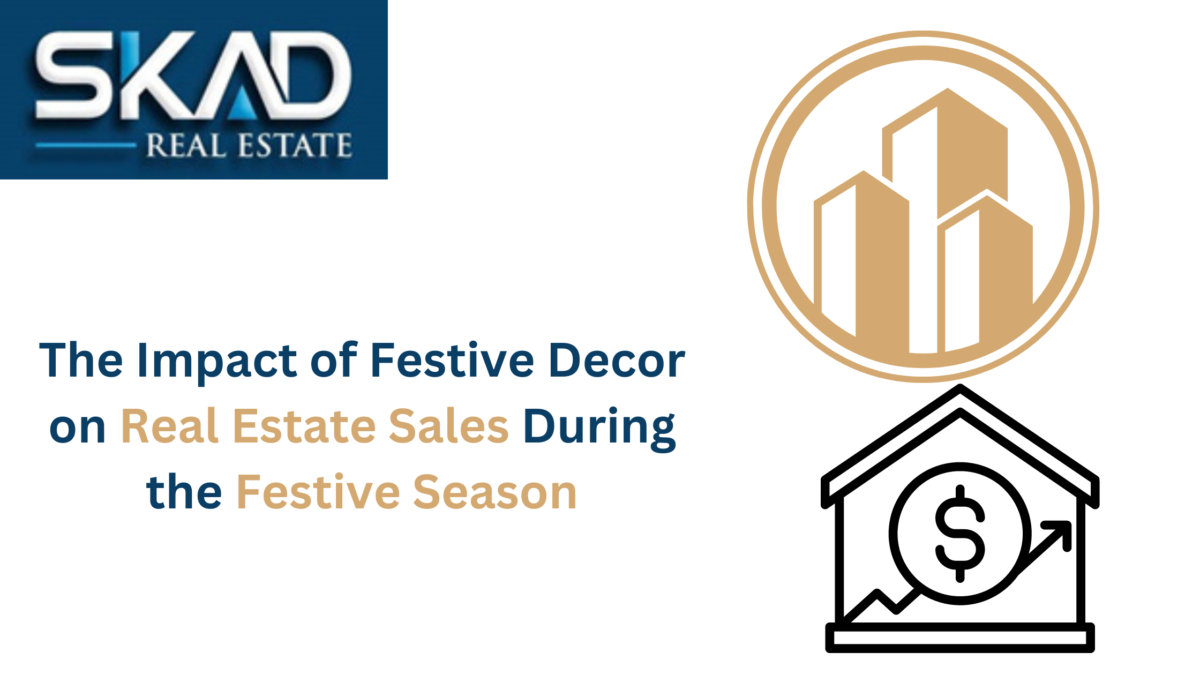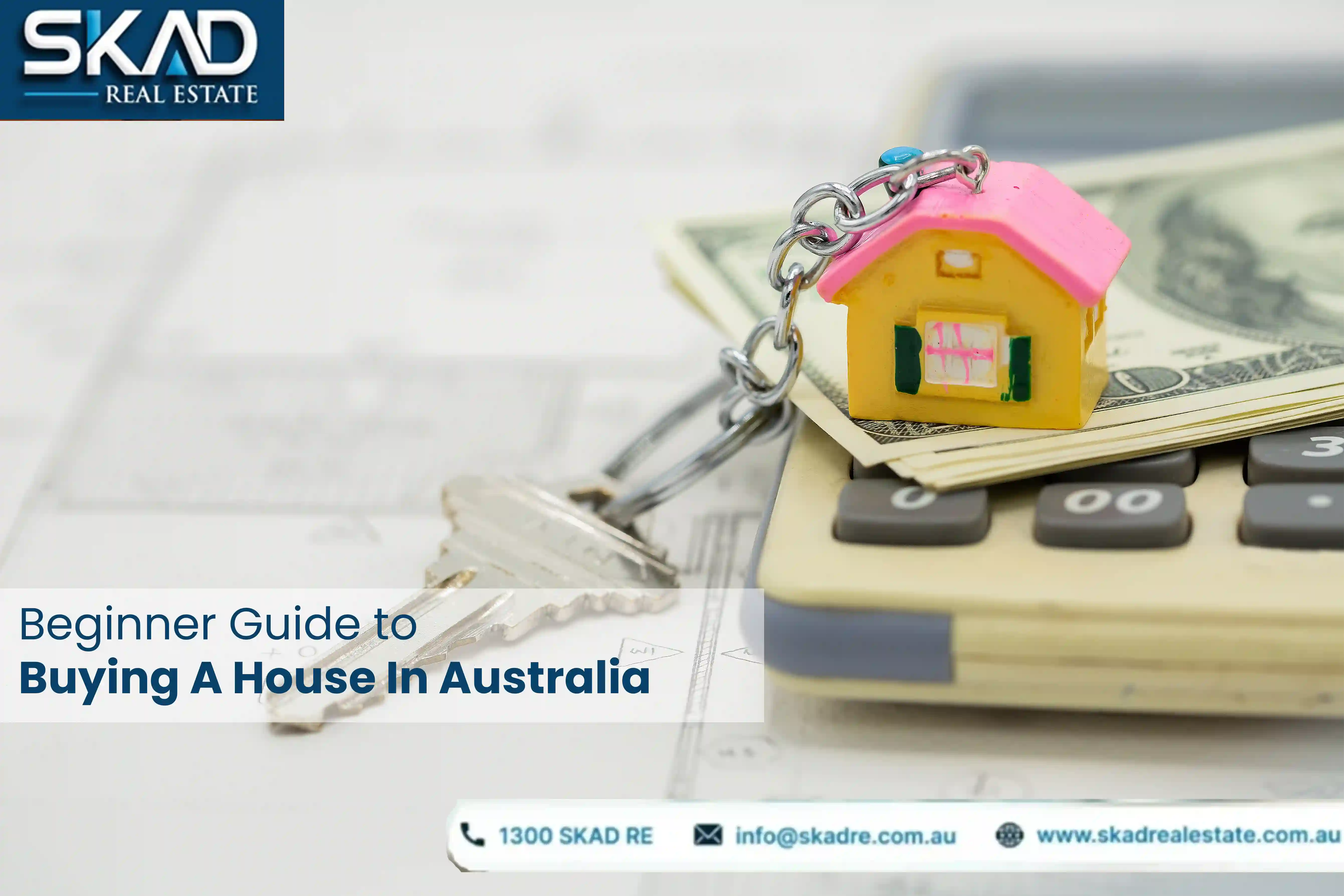Have you decided to buy the ideal land for sale and build your dream home in Thomastown?
Congratulations! Now your head must be spinning about what the next step is to fulfil your big, blissful Australian dream. We understand that buying land can be an exciting and strenuous job. And it adds up if you want to build a residential house on it.
So, we have come up with a detailed guide on the best way to buy land and things to avoid when buying land for sale and building your ideal house.
Guide on How to Buy the Best Land for Sale
1. What is your dream home location?
What is the use of building your dream home in a location that is not close to your heart? Defining your location is much important.
So, are you looking for land in Thomastown or any particular location?
If yes, try to get acquainted with that area and learn about the area you are interested in.
Wondering how to find land for sale?
Searching for land for sale is not hard. You can check out some reliable real estate sites, local papers, and news bulletins for upcoming developments and land releases.
You can also drive to the area to find vacant land.
If this work seems hectic, ping your local real estate agent for help choosing land to build your home.
2. How to choose a block of land
There are two options for choosing land for sale in places like Thomastown.
Option 1: Choose a builder
A “pay on completion” deal can be signed with your builder. By signing it, the builder will purchase a chosen block of land of your preference, build the house, and finally get the final cost later from you later.
Option 2: Buy land and build your own home
The other option is to buy the land first and decide to build a house on it later.
Here, you can work directly with the landowner or a real estate agent to buy the land.
Things to consider when purchasing land
You must know “What to avoid when buying land.” Here we have given important things to consider as well as avoid.
A. Choose the type of land
Did you know that not all lands are the same? For instance, there are land zoning areas, agricultural zones, and industrial zones, and it is important to check the restrictions.
Let’s brief you on the same.
To know the best use of the land, whether for residential, commercial, or industrial use, research the zoning regulations for your property and the surrounding area.
What if the government has planned to build a highway to a different infrastructure through the land or nearby area?
So, ensure the land for sale is the proper fit for building your dream house.
Now you may question how to check the land zone.
Well, every state or territory in Australia has its land zoning regulations. You can contact your territory or the state’s Planning Department to find out the zone for your land.
Some local councils have land zones listed on their websites. Check it. Otherwise, state government websites must have done the same. Lastly, a local real estate agent will help you check the zone.
Can you build a house on agriculturally zoned land?
If you are building a house on agriculturally zoned land, you must get a permit from the local council.
Some plots may already come with approved building plans. However, it is essential to reach it before making a purchase.
Why should you avoid investing in land on industrial-zoned land?
Though some states permit building a residential building on industrial land, it is not highly recommended. A building permit is required and may be hard to come by.
Is investing in a crown land legit?
What is crown land in the first place?
It’s land owned and managed by the state or territory. The national parks, roads, and public spaces are crown land.
Note: When purchasing rural land, check if any crown land is present in the area. Many rural lots will be bordered by or partially considered crown land. In this case, you can apply to lease the land from the crown, but ownership will remain with the state.
So, can you buy crown land?
In some cases, blocks of land that no longer serve the public will be put on sale. However, purchasing this type of land is a lengthy process. If you are still interested, you can apply to your local state or territory for the same.
What is freehold land?
Most properties of Australians are considered freehold. If an owner has complete land ownership with no time limit on owning the land, it is called freehold land. This land can be passed on to the next generation without any issues.
B. What to know when buying vacant land?
If you have picked a location and chosen a particular land, you must check the next set of things.
1. Is the land uneven or sloppy?
We know that not every plot of land is the same. If the land for sale is too uneven or sloppy, you must invest some effort to make the land flat. However, if the land is slightly uneven, it can be left as it is.
Remember, buying sloped land is less expensive than flat land. But building a house on uneven land is complex and requires levelling. Either way, it is costly.
You can go ahead if you can find an experienced builder who can handle any type of land to build a building.
2. Check the utilities to the land
Checking the utilities of the land is highly important. Because when you buy land that has access to water, gas, electricity and other amenities, you can save your pocket when building a home. Otherwise, you must allocate a budget to connect the utilities to the land.
If, in case, the land lacks primary utility connections, research the costs for the connection. Remember, utility connections can cost thousands of dollars based on the location.
So, check what companies can connect gas, electrical and water, the cost and other needs. Get quotes from different companies, compare and commit to the best company for the utility connection.
3. How safe is the land?
Is the land put for sale safe from bushfires and flooding?
You know Australia battles bushfires during summer, and other natural disasters affect the country. Though Thomastown is a relatably safer place, you must consider where exactly your block of land is located. Get to know how safe your new home will be.
Do a quick soil testing
The land degradation issue must not be overlooked. Check if the land has been degraded due to natural impacts. This factor is important because it determines the ability to build a home, grow a garden and maintain them.
So, this soil testing process is compulsory, and it is done by an engineer or arranged by the construction company to learn how reactive it is.
3. Finances for buying land and building a house
If all the above things are finalized, it’s time to check the finance for buying the land and building a house.
If you don’t have the entire budget in hand to buy the land and build a home, you can get a home loan to secure funds.
How much deposit is needed to buy land in Thomastown or other areas?
The deposit required for a loan varies based on your provider. However, you need a minimum of five per cent in most cases, and deposits below 20% need Lenders Mortgage Insurance and upfront fees for all land and house purchases.
Also, remember that you need at least eight per cent of your total loan amount ready for a deposit and upfront costs to finance your purchase.
Get construction loan
This short-term loan is paid out over 12 months, mainly designed to help your building start. This loan will be sanctioned after the lender checks the construction plans and budget. And will be sanctioned based on the construction timetable.
Once the house is built, this loan will be converted into a standard home loan.
4. What is the land value?
Another essential thing to know when buying vacant land is the land value. Use a land value calculator or look for free land value services. And finally, compare the price of different plots sold in your area.
5. Pay stamp duty on land
Stamp duty is a must for all land and house purchases in Australia.
If you buy and build a block of land later, you pay stamp duty on your land’s purchase price.
But if you are working with a builder to pay on completion, you pay stamp duty on the full cost of the land and house.
Besides this, you must also pay your land tax issued by the government.
Conclusion
If you have planned to buy land now and build your house later, then ensure to check if there is any regulation. For example, some areas may have a rule that you must build a house within 12 to 18 months of buying the land.
However, there won’t be such regulations if it is a rural area. This is why you must have a word with your local authorities to ensure the same.
Overall, buying land is a big investment. So, before tipping your toe into this, research and decide what to buy. If you don’t have the time, call SKAD real estate today. Our real estate agency’s experienced team helps you find the ideal land for sale, especially in Thomastown and Craigieburn. Contact us today!



























